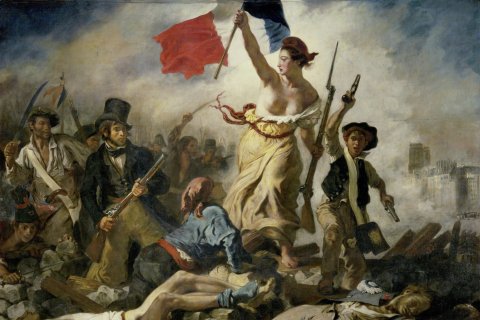Political Concepts and Ideologies

Much political conflict involves contestation over the meaning of key concepts in political vocabulary because language does not only reflect reality, it also shapes it. The members of the cluster Political Concepts study the history of political languages, ideas, concepts, and ideologies from antiquity to the present, but with a focus on the early modern and modern periods.
Understanding political concepts contextually
From freedom to equality, democracy to revolution, our members study the history of the concepts central to political modernity. In doing so, we aim to place these concepts in their original context, stemming from the insight that one can only understand the meaning of a concept by grasping how it was used by historical actors in a given debate. This excavation enables us to better understand how new normative languages and values develop and to appreciate the paths not taken, thus opening up new perspectives.
We also study how concepts underpin institutions and how they both allow and constrain action, given that the limits of action are reciprocally related to the limits of the thinkable. What concepts were central to political debate in the past and what does this centrality tell us about this past society? How have historical actors understood our own key concepts differently from how we understand them, and how might understanding these differences help us in the present? These are some of the questions that our members engage with from a European, comparative, and global perspective.
Researchers in this theme
- Environmental History, Environmental Sciences, Italian History, Colonial History
- Intellectual History, History of Political Thought, Cultural History of the 19th Century, History of humanities, Revolutions, French Culture
- Intellectual History, Political History
- Cultural History, History of Political Thought, Enlightenment
- Contemporary History, Nationalism and Transnationalism, Memory Studies, Heritage Studies, Social Movements, Urban Studies, Modern Germany, Australia, European Studies

